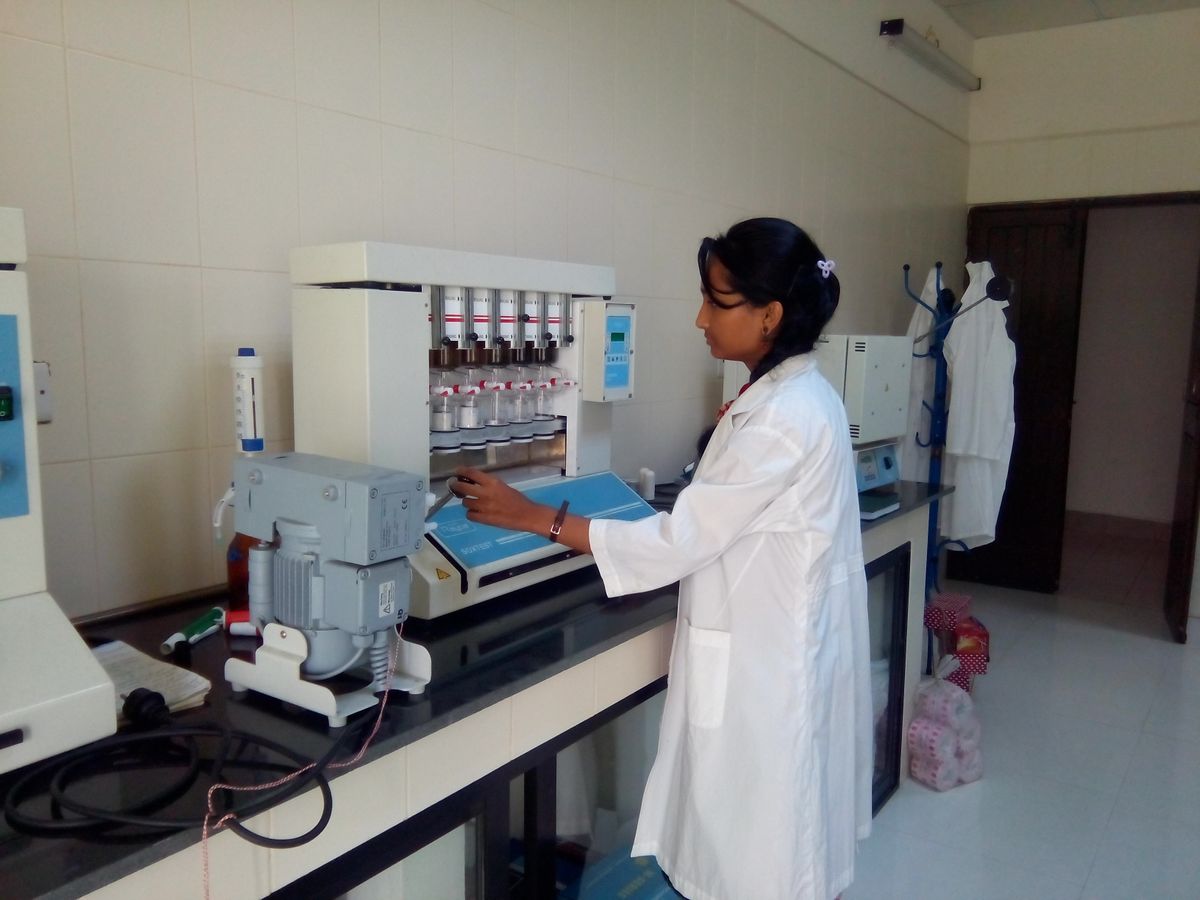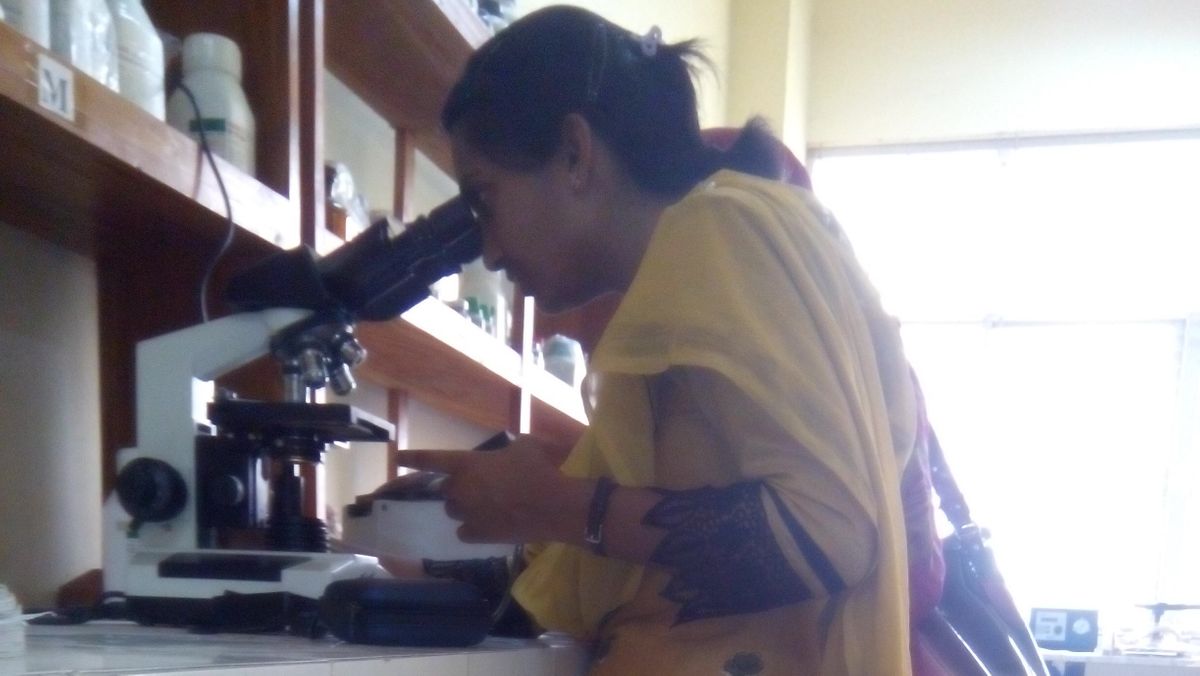
14 August, 2016
Lipid analysis of formulated fish feed

Syeda Maksuda Yeasmin
Lipids play important physiological roles in providing energy, essential fatty acids and fat soluble nutrients for normal growth and development of fish. Deficiency of dietary lipid may increase the use of protein for energy and result in the increase of ammonia excretion and thus water pollution (Kaushik and Cowey, 1991). On the contrary, excessive dietary lipid was reported to reduce feed intake and growth performance of several fish species (Peres and Oliva-Teles, 1999; Regost et al., 2003; Kim et al., 2006). Kim et al. (2006) reported that daily feed intake of olive flounder significantly decreased with the increase of dietary lipid. High inclusion of fish oil can also result in increased feed costs and reduced profits in the aquaculture industry.


